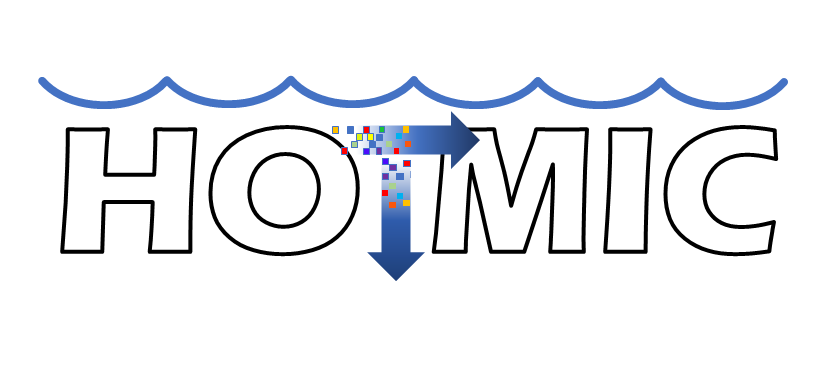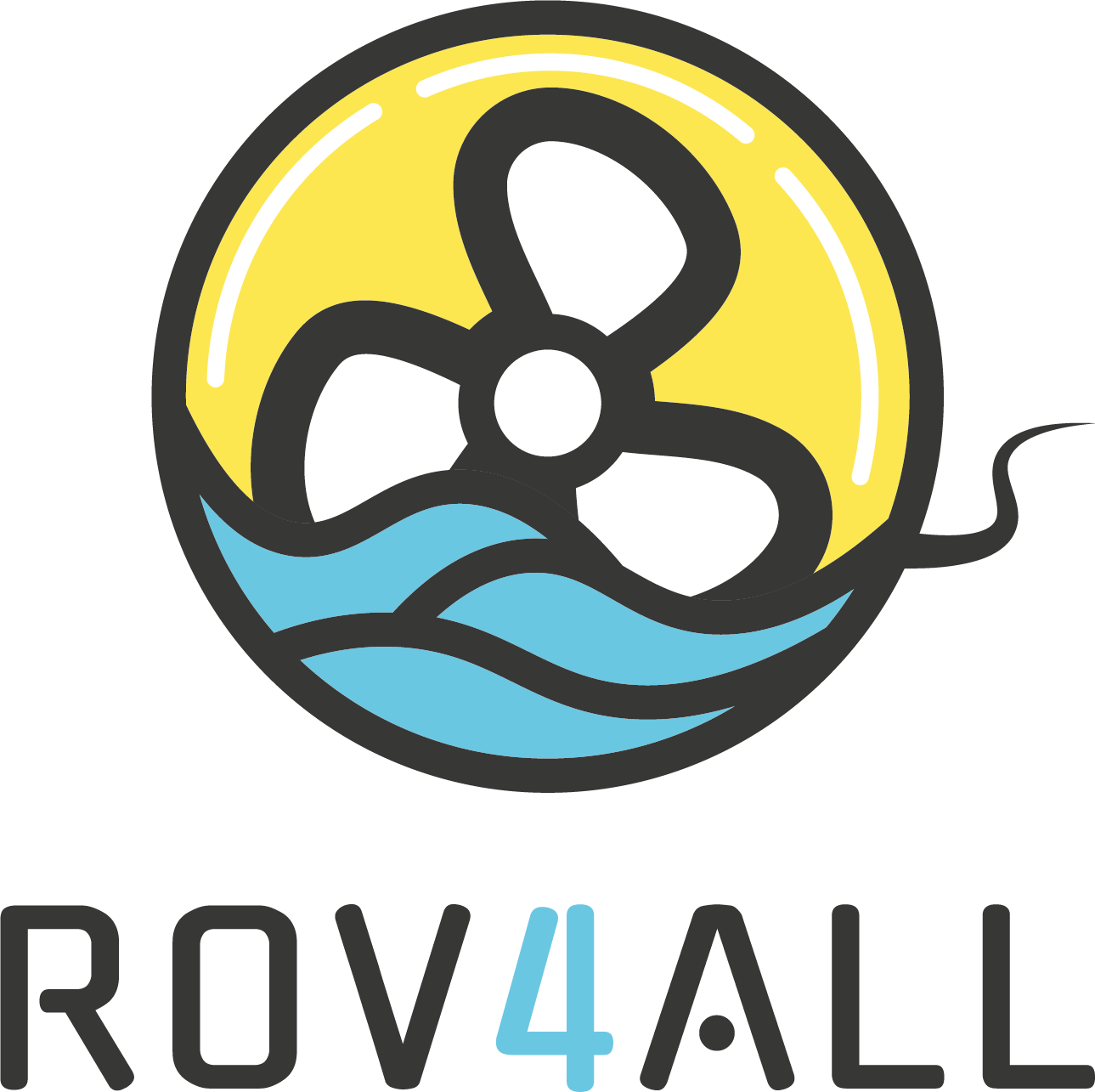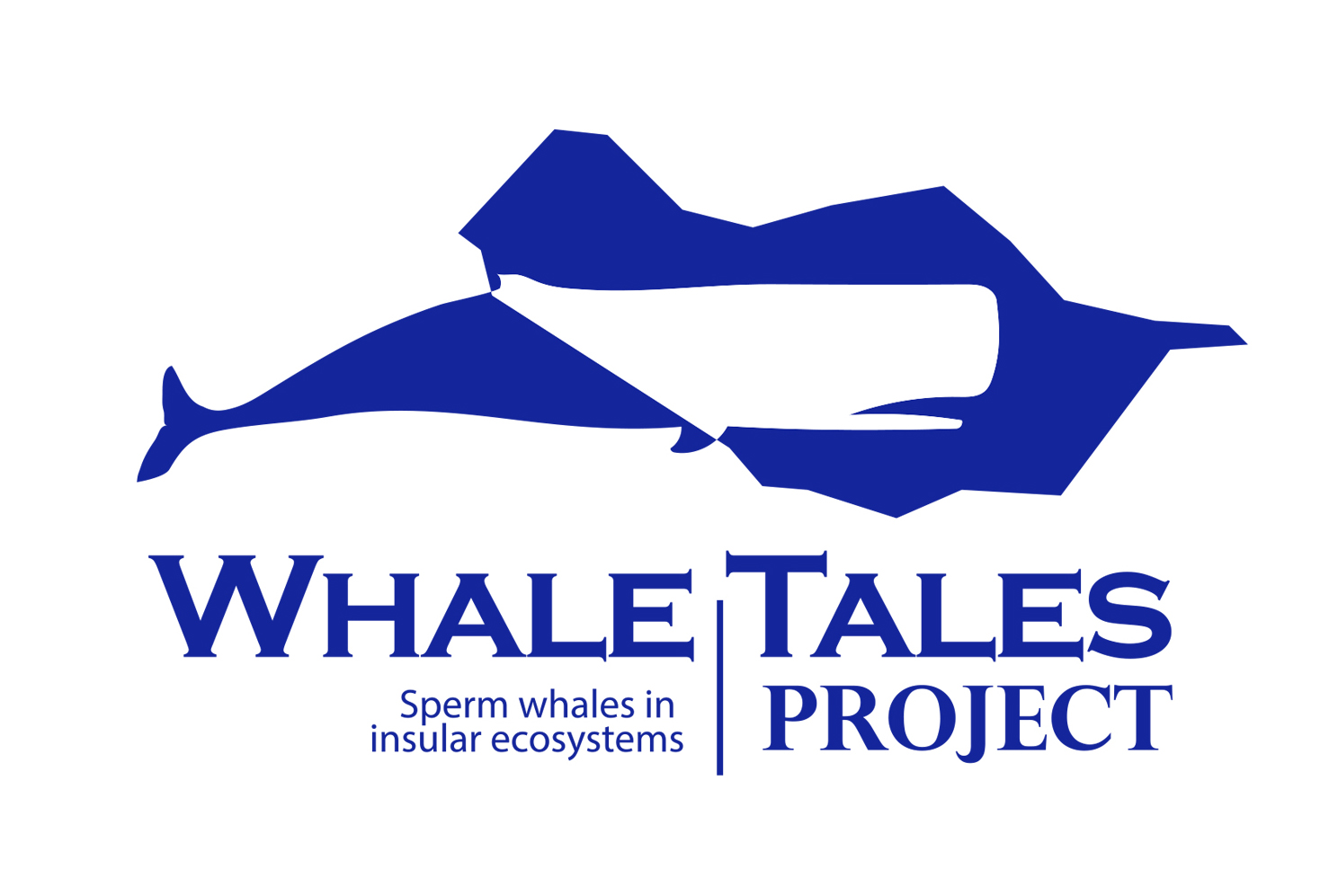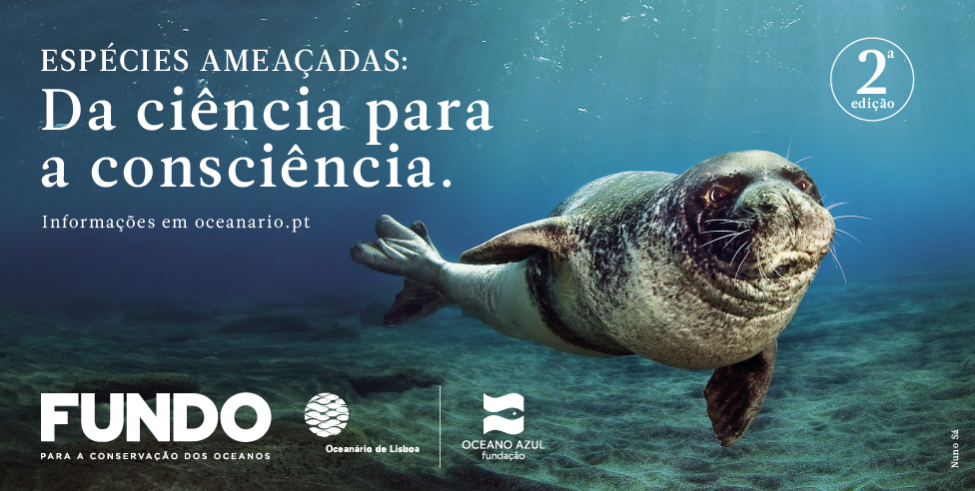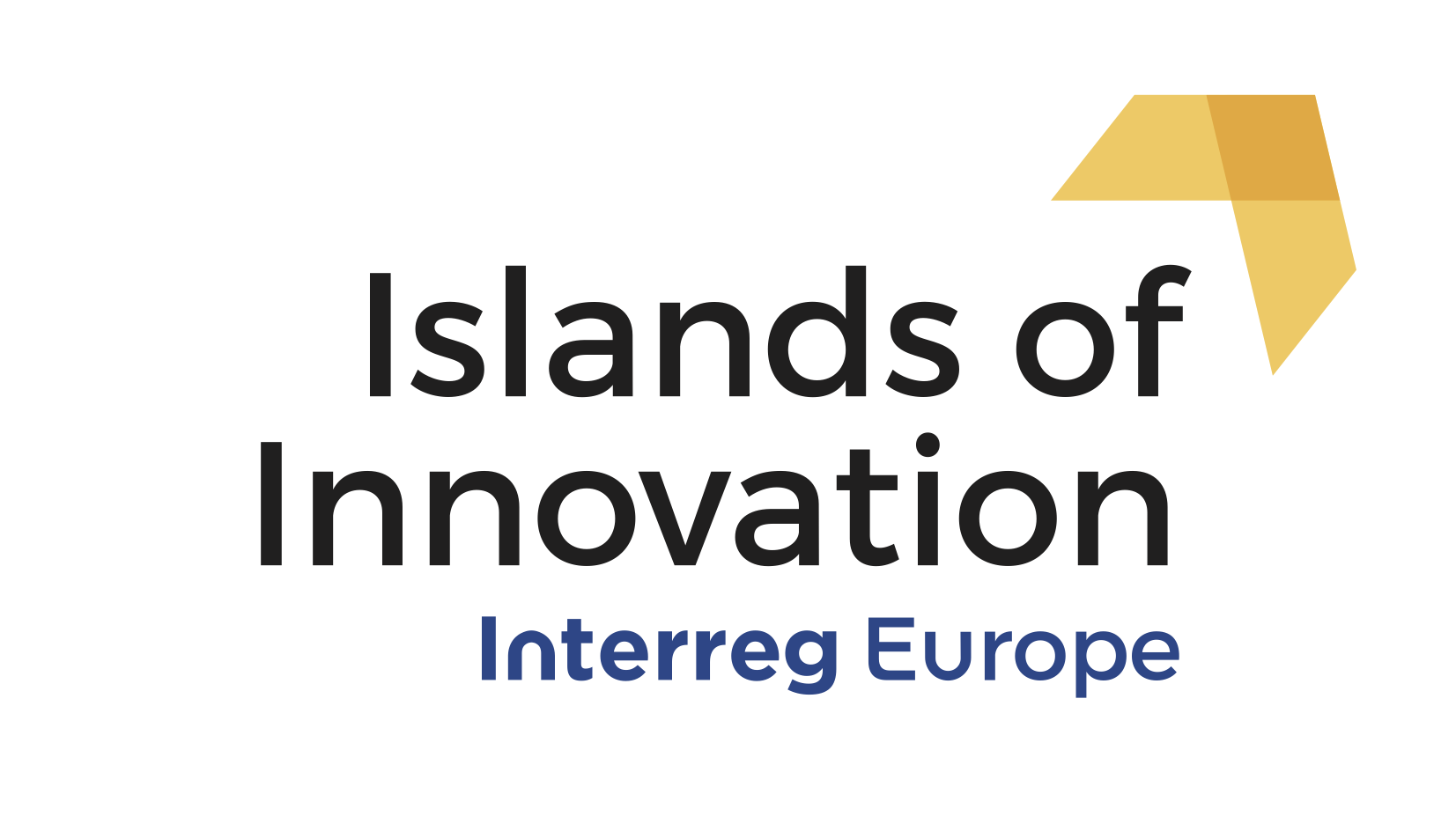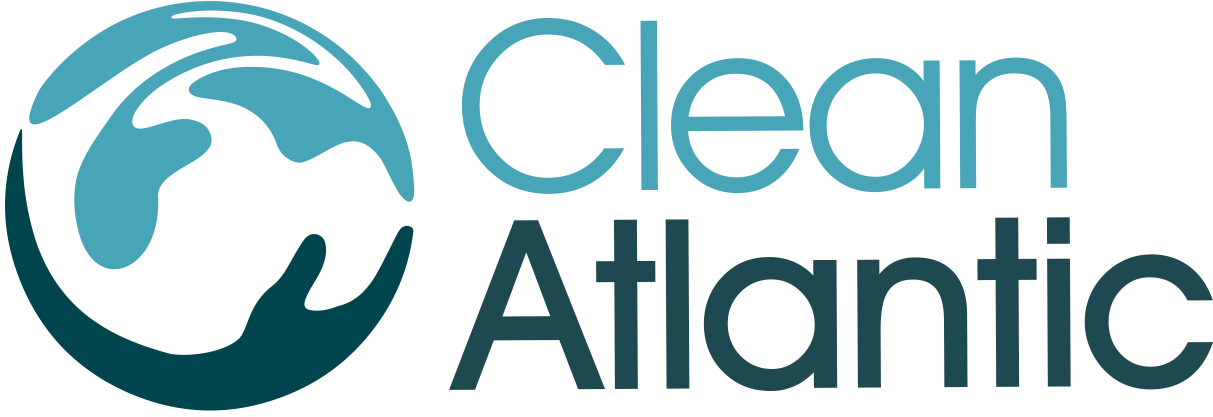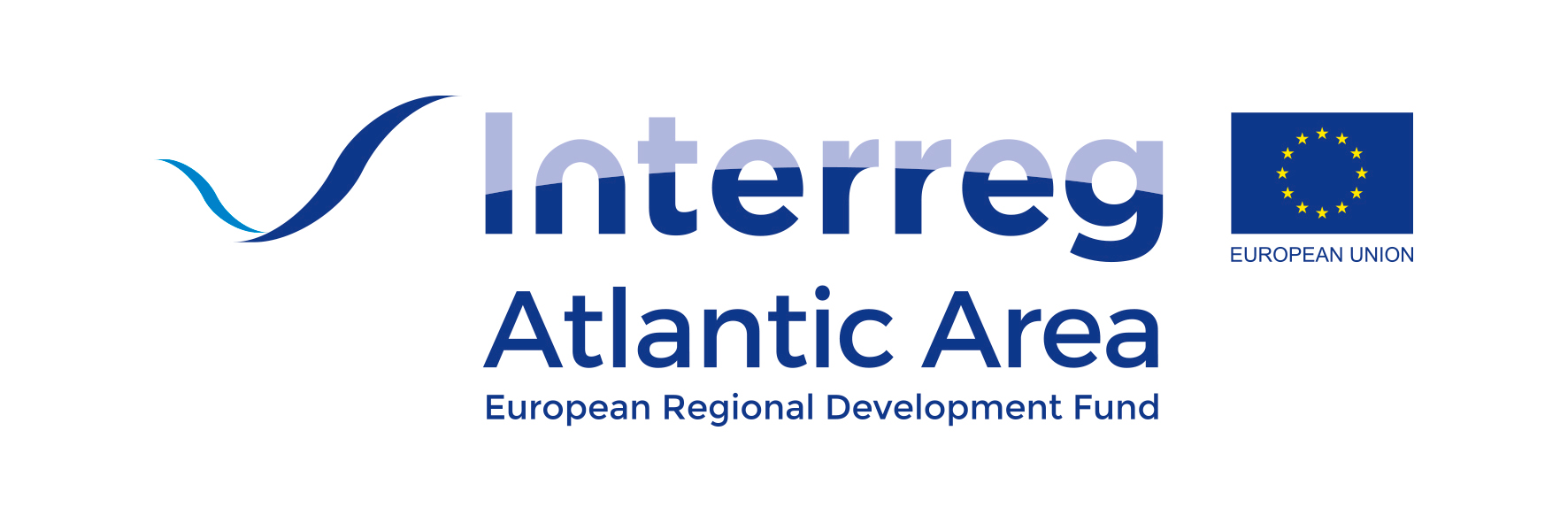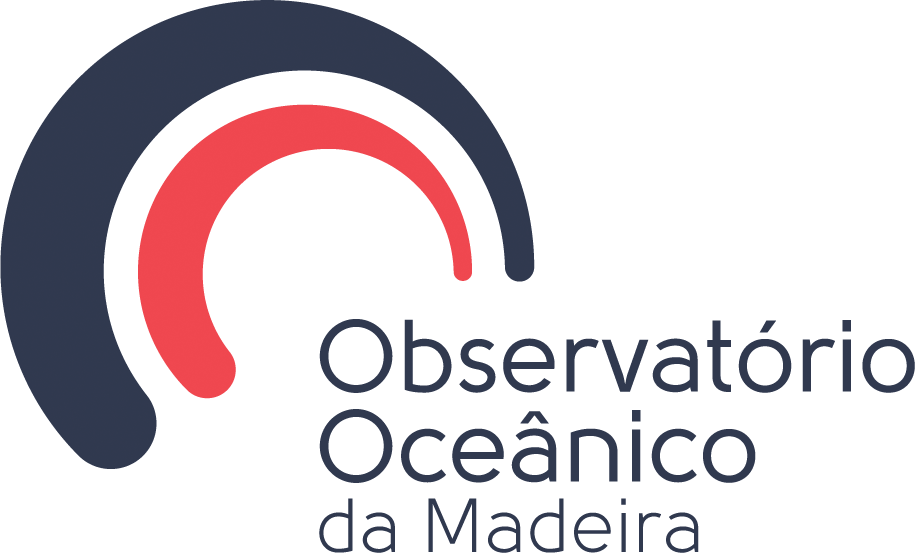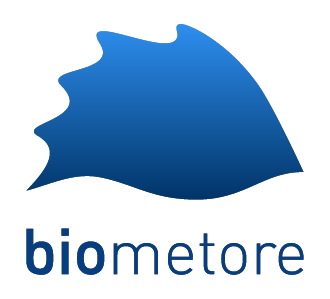
With the overall objective of strengthening the Madeira Region's R&TD indicators, as well as the research and innovation potential in the CQM, the operation will develop around 4 major research projects centred around specific applications.
PROJECT 1: “+ FIGHTING CANCER”
OBJECTIVE: Develop new approaches to cancer diagnosis and therapy based on metabolomics and nanomedicine analysis techniques.
SPECIFIC ACTIONS TO BE TAKEN:
(1) The study of early cancer markers (in particular, those prevalent in ADR such as breast and lung cancer) using non-invasive diagnostic methodologies in biological fluids (urine, saliva, exhaled air) and biopsies; relate these markers to those present in cancer cell lines. Fundamentally, the techniques of Mass Spectrometry, Liquid and Gas Chromatography, and Nuclear Magnetic Resonance will be used here.
(2) Chemical synthesis, analytical characterization (using the techniques of Nuclear Magnetic Resonance, Mass Spectrometry, Ultraviolet and Infrared Spectroscopy, Electron Microscopy and others) and biological evaluation (in cells of cancerous origin cultured in vitro) of new metallodrugs containing ruthenium and platinum.
(3) The development of nanomaterials (polymers, exosomes, nanoclays and carbon-based materials) through chemical or physical synthesis methods, which serve as vehicles for conventional drugs used in the treatment of cancer, to make the treatment more targeted and reduce the possible side effects; the physicochemical characterization of these nanomaterials will be carried out (using the techniques of Nuclear Magnetic Resonance, Mass Spectrometry, Ultraviolet and Infrared Spectroscopy, Electron Microscopy and others) and their efficiency will be evaluated in vitro cultured cancer cells.
(4) The development of contrast agents for medical imaging (magnetic resonance imaging/computed axial tomography) based on synthetic polymers and nanoparticles (in particular, metal oxides) to replace those currently in use (based on gadolinium and iodine compounds that are highly toxic). Chemical synthesis, analytical characterization (using the techniques of Nuclear Magnetic Resonance, Mass Spectrometry, Ultraviolet and Infrared Spectroscopy, Electron Microscopy and others) and biological evaluation in vitro/in vivo of the contrast agents will be carried out.
PROJECT 2: “+ AGRI-FOOD VALUE”
OBJECTIVE: Characterize products of agricultural/food origin to improve their quality and safety, as well as their commercial value.
SPECIFIC ACTIONS TO BE TAKEN:
(1) The physical and chemical characterization of materials of plant origin (through Liquid and Gas Chromatography, Mass Spectrometry, and Ultraviolet and Infrared Spectroscopy), aiming at a deeper scientific knowledge of the agricultural and natural heritage of RAM.
(2) The extraction, purification and characterization (by techniques of Liquid and Gas Chromatography, Mass Spectrometry, Nuclear Magnetic Resonance and Ultraviolet and Infrared Spectroscopy) of molecules with the potential to be used in the pharmaceutical or food industry from resources of plant origin. The biological effect of these molecules (eg antioxidant capacity) will be evaluated in vitro using cell cultures.
(3)The development of new analytical approaches (especially methodologies related to Chromatographic Techniques) for the control of food quality in natural and processed products, especially those of particular interest to the economy of RAM (ex: Madeira Wine, cane honey and also various fruits and vegetables), to improve their properties and commercial value.
PROJECT 3: “+ FIGHTING (RE)EMERGING DISEASES”
OBJECTIVE: Development of new diagnostic/treatment tools for diseases such as Dengue fever, Zika and Malaria.
SPECIFIC ACTIONS TO BE TAKEN:
(1) The development of sensors based on nanomaterials, namely dendrimers, for detecting Dengue and Zika fever viruses in biological samples. In particular, to investigate the multivalent effect of dendrimers in increasing the sensitivity and selectivity of sensors. In this action, new dendrimeric molecules will be synthesized for incorporation into the sensors.
(2) Chemical synthesis, analytical characterization (using the techniques of Nuclear Magnetic Resonance, Mass Spectrometry, Ultraviolet and Infrared Spectroscopy, Electron Microscopy and others) and in vitro biological evaluation (in cells infected with viruses, eg Dengue, Zika, HIV) of new metallodrugs containing ruthenium and platinum with antiviral action. Furthermore, the evaluation of these new compounds as antimalarial agents.
PROJECT 4: “+ VALUE MARINE RESOURCES”
OBJECTIVE: Valuing marine resources for the development of innovative biomedical products.
SPECIFIC ACTIONS TO BE TAKEN:
(1) The development of nanomaterials for use in medicine from materials of marine origin, namely polysaccharides (eg alginate, chitosan) and inorganic materials (eg calcium carbonates and phosphates). These nanomaterials will have the purpose of acting as drug or gene carriers, or they may even be used in regenerative medicine.
(2) The extraction, purification and characterization (by techniques of Liquid and Gas Chromatography, Nuclear Magnetic Resonance, Mass Spectrometry, and Ultraviolet and Infrared Spectroscopy) of molecules with the potential to be used in the pharmaceutical, cosmetic or food industry from marine products, especially those considered as waste from the fishing industry. The biological effect of these molecules (eg antioxidant capacity, anticancer effect) will be evaluated in vitro using cell cultures.
| Project Designation: |
|
Centro de Química da Madeira - CQM+ |
| Project Code: |
|
M1420-01-0145-FEDER-000005 |
| Main Objective: |
|
Reinforce research, technological development and innovation |
| Area of Intervention: |
|
Madeira Autonomous Region |
| Beneficiary Entity: |
|
Agência Regional para o Desenvolvimento da Investigação, Tecnologia e Inovação |
| Approval Date: |
|
23-02-2017 |
| Start Date: |
|
01-04-2017 |
| End Date: |
|
31-05-2022 |
| Total Eligible Costs: |
|
1.993.617,91€ |
| EU - FEDER Funding: |
|
1.694.575,23€ |
| Website: |
|
https://cqm.uma.pt/ |






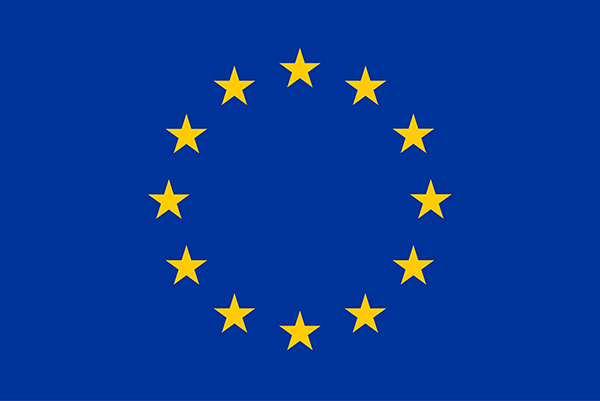

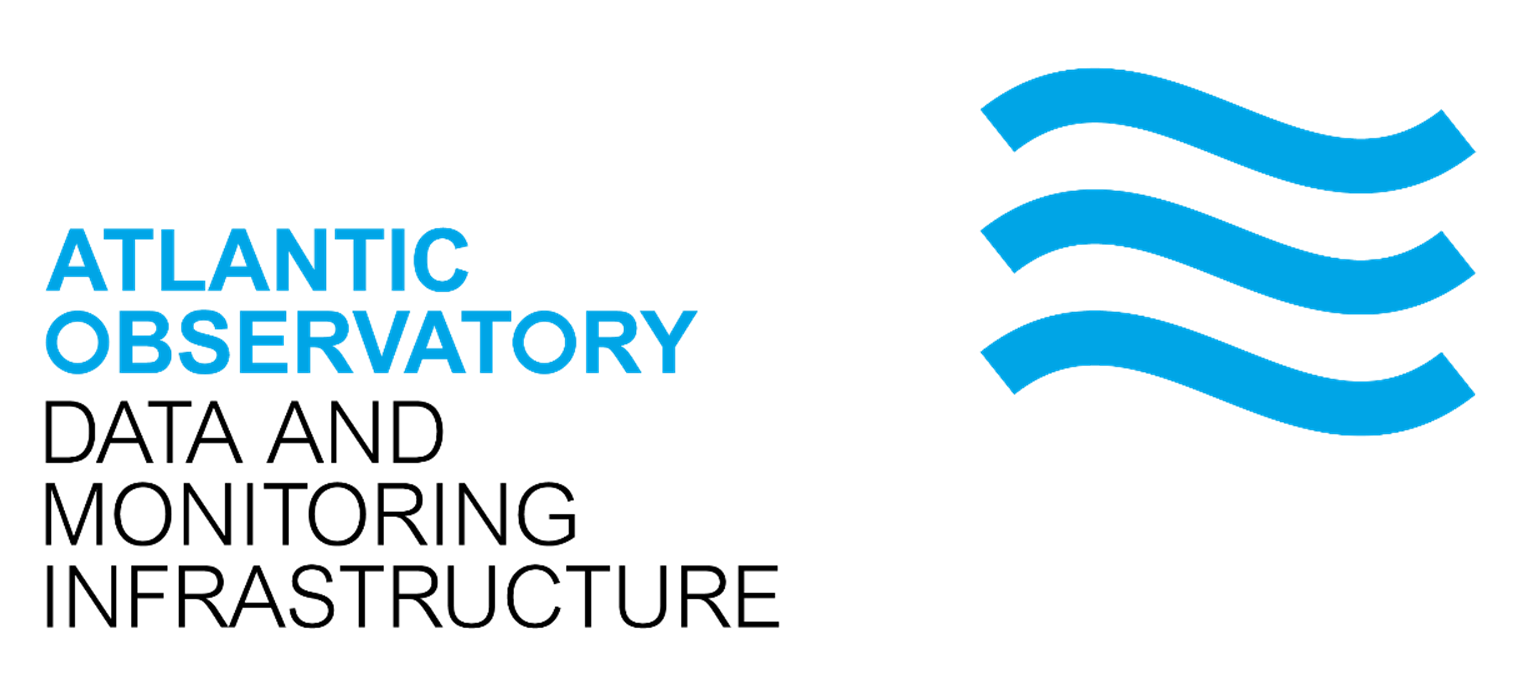
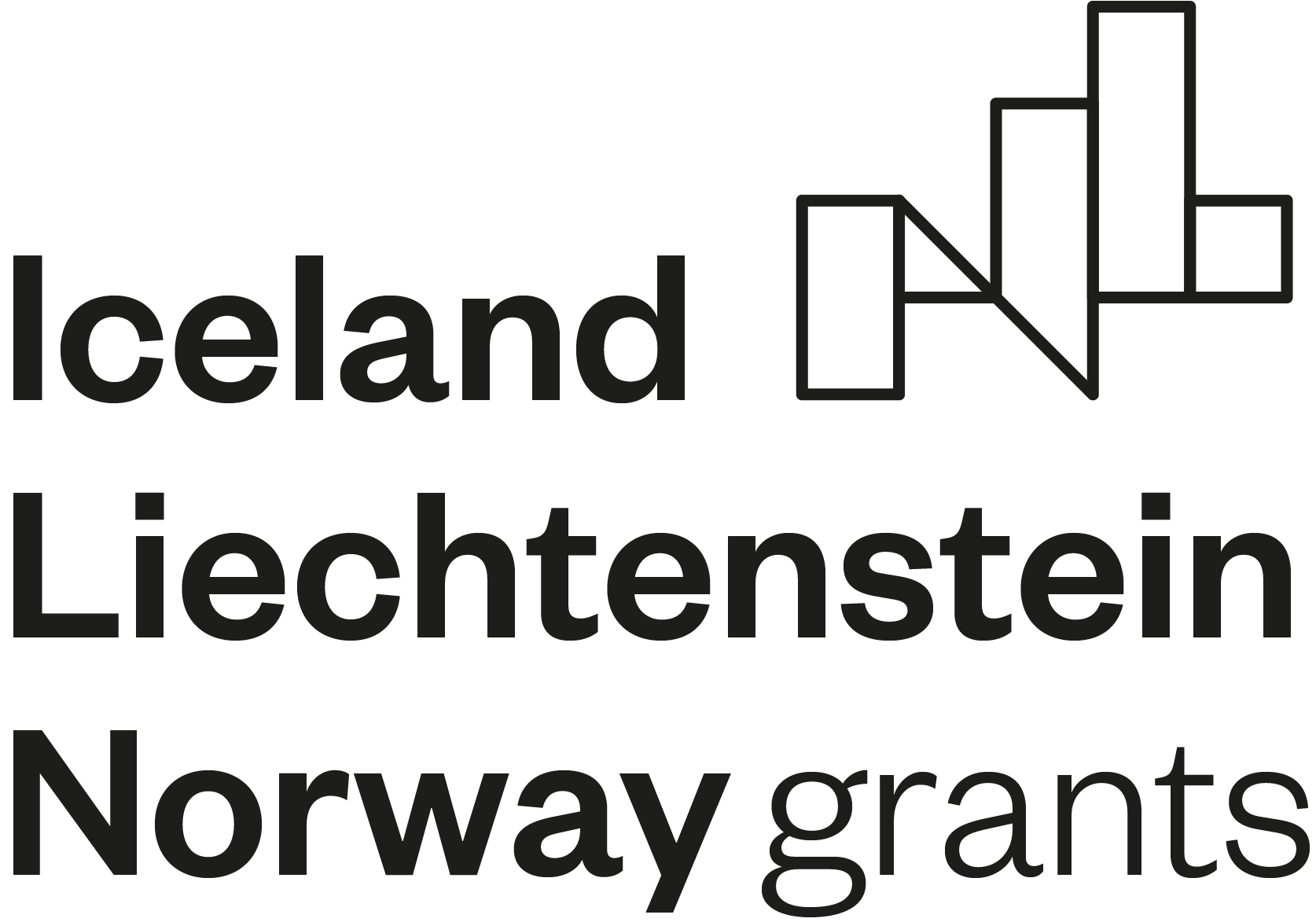




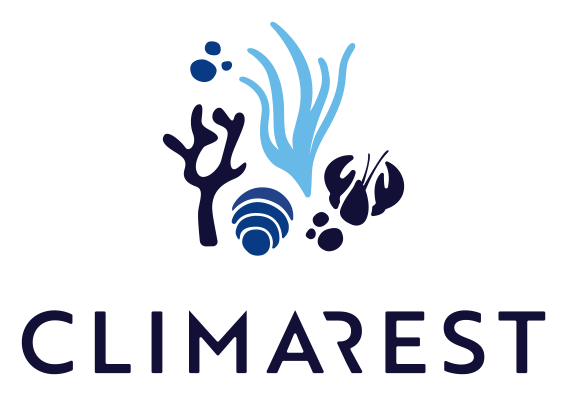
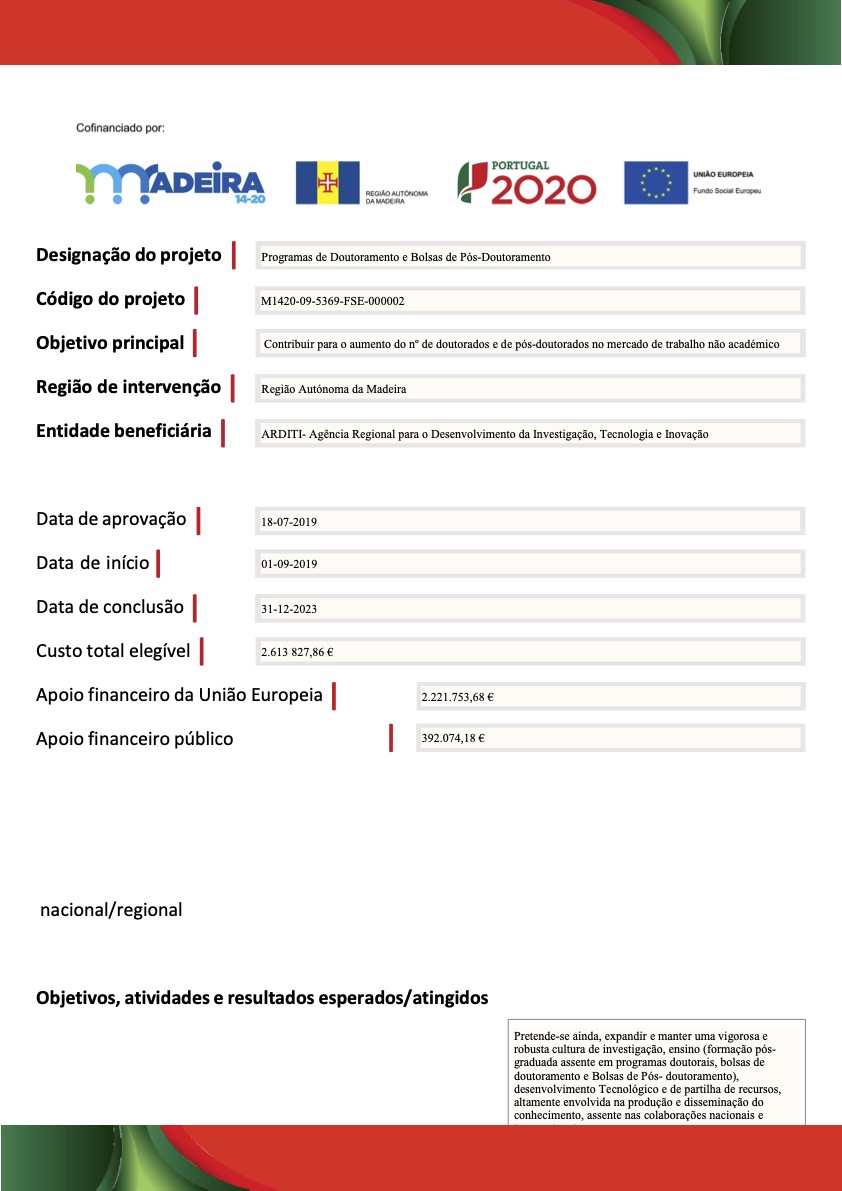


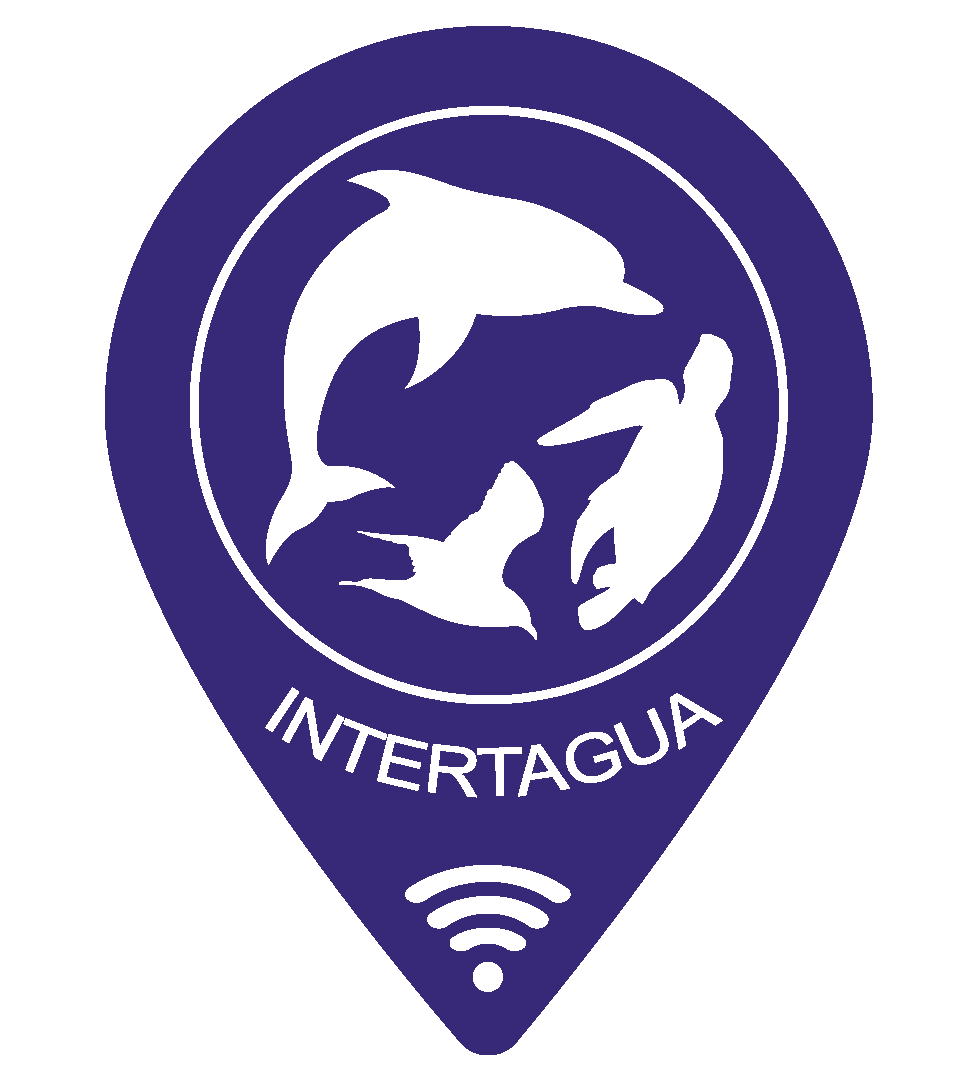

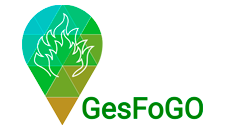

 The general objective of the FiiHUB project is to create and execute the first technological reference centre for the development of the business and entrepreneurship ecosystem of Macaronesia, linked to the development of intelligent services integrated into the technologies of the Internet of the Future and linked to the international network of FIWARE iHub.
The general objective of the FiiHUB project is to create and execute the first technological reference centre for the development of the business and entrepreneurship ecosystem of Macaronesia, linked to the development of intelligent services integrated into the technologies of the Internet of the Future and linked to the international network of FIWARE iHub.


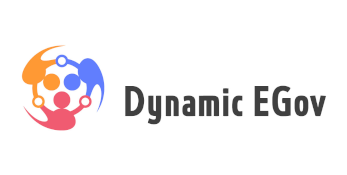

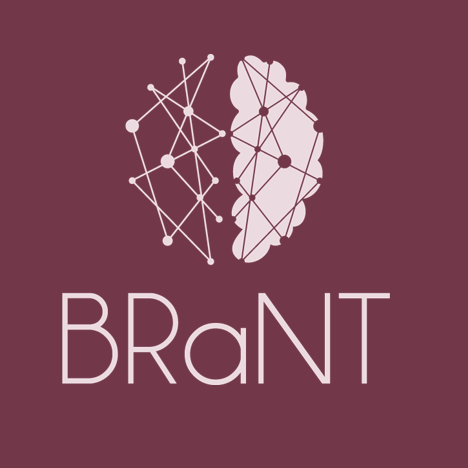

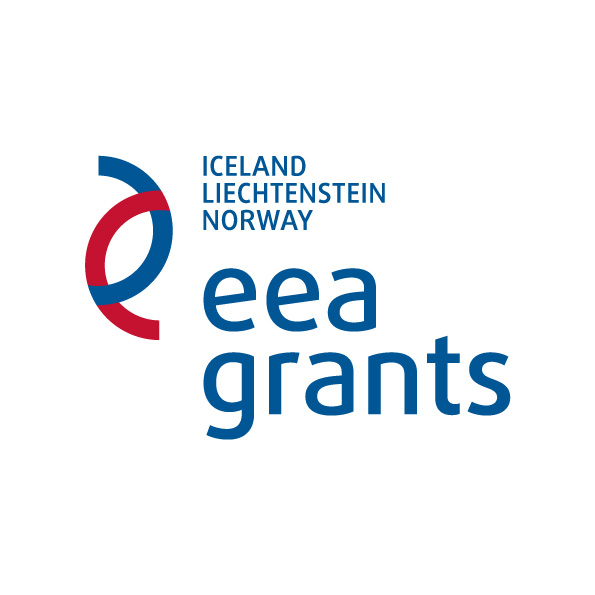
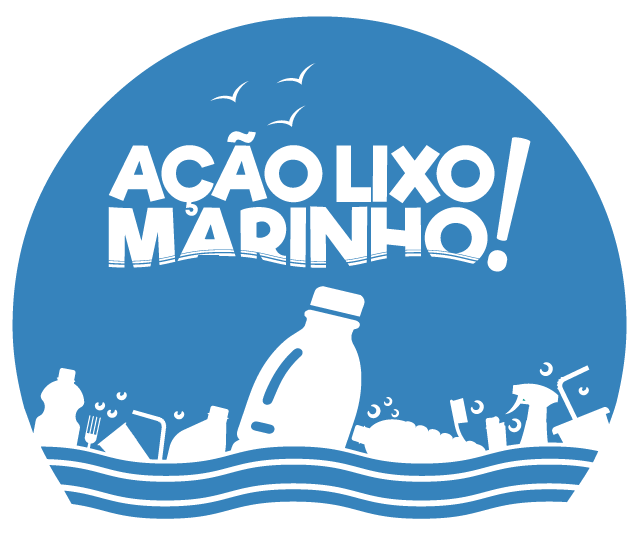


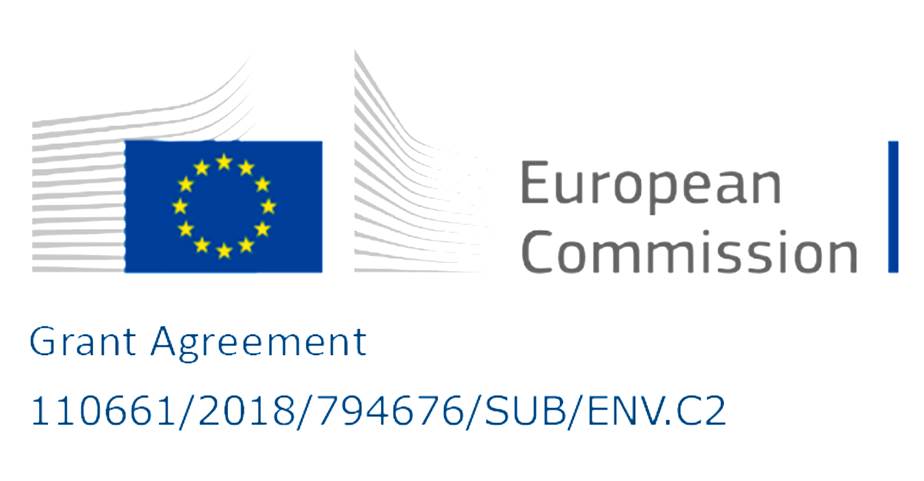

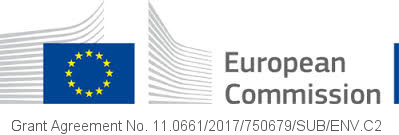

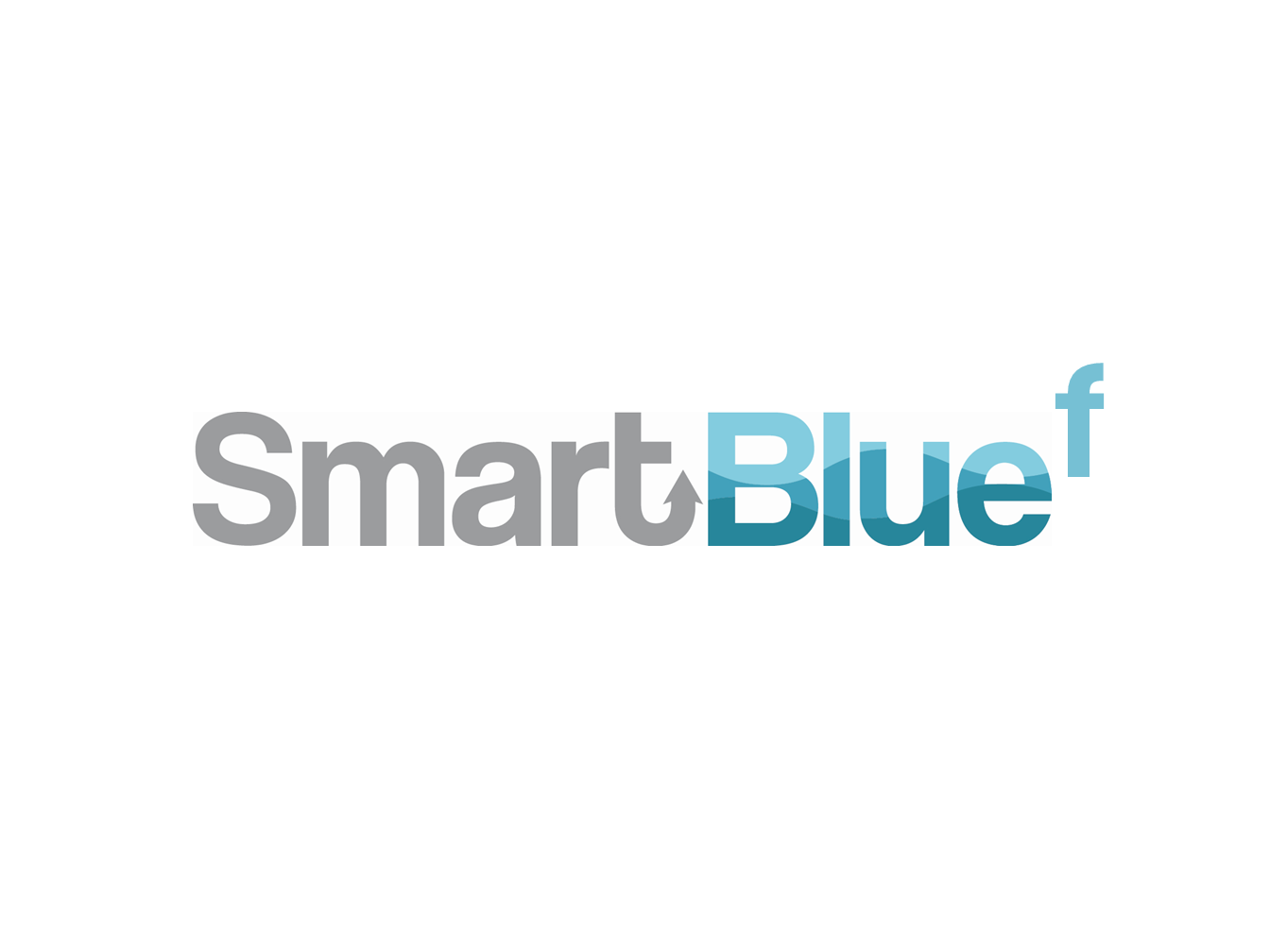



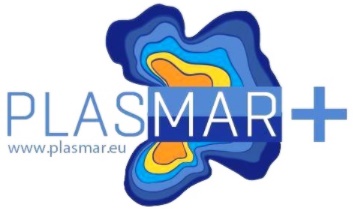
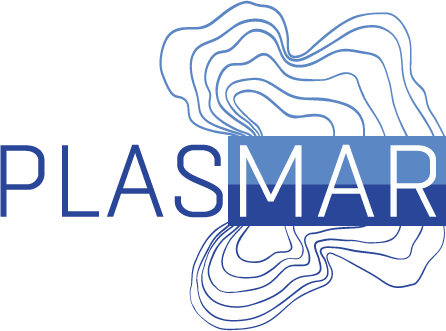
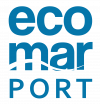

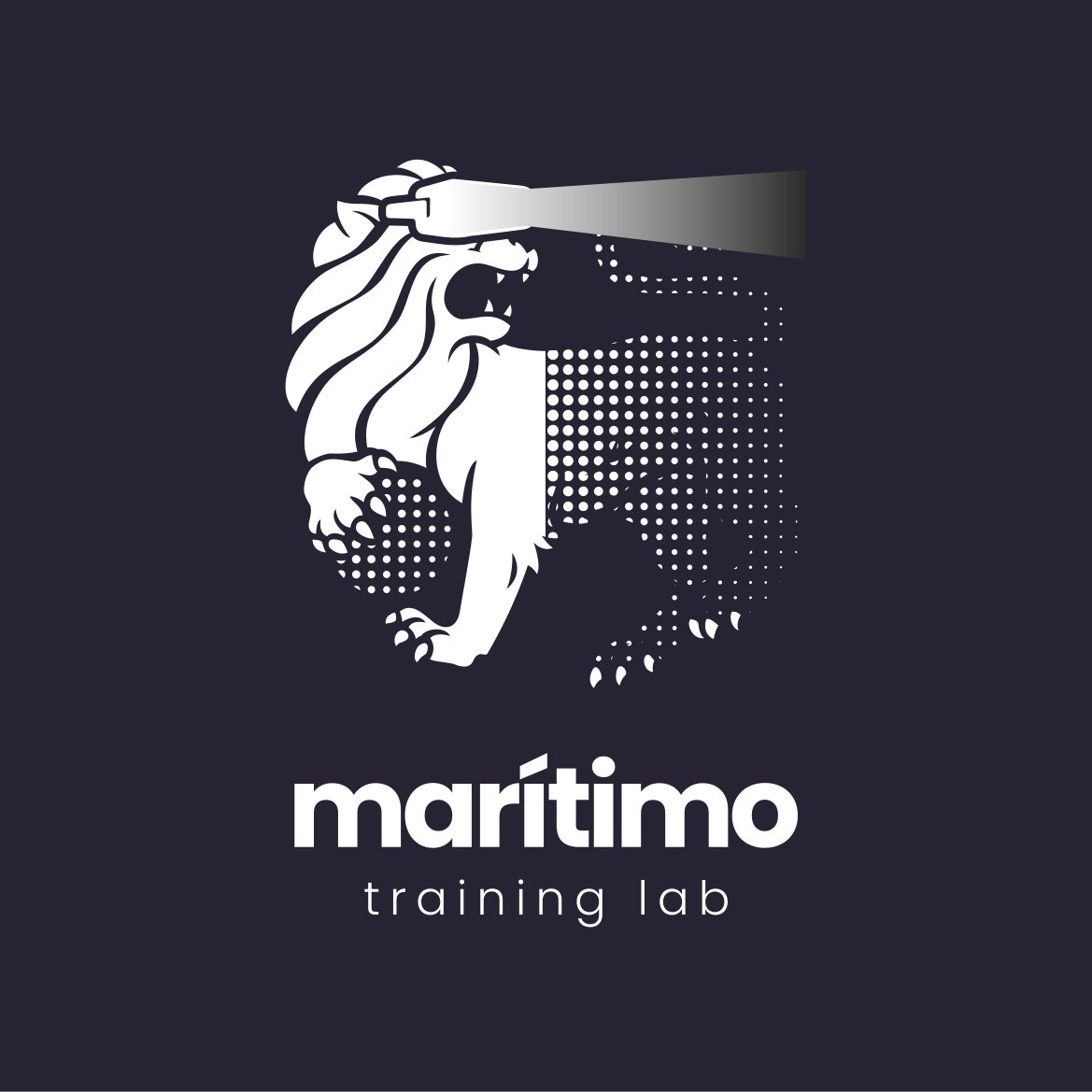

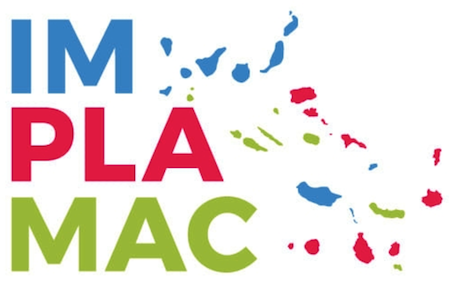
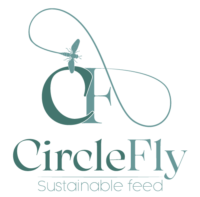
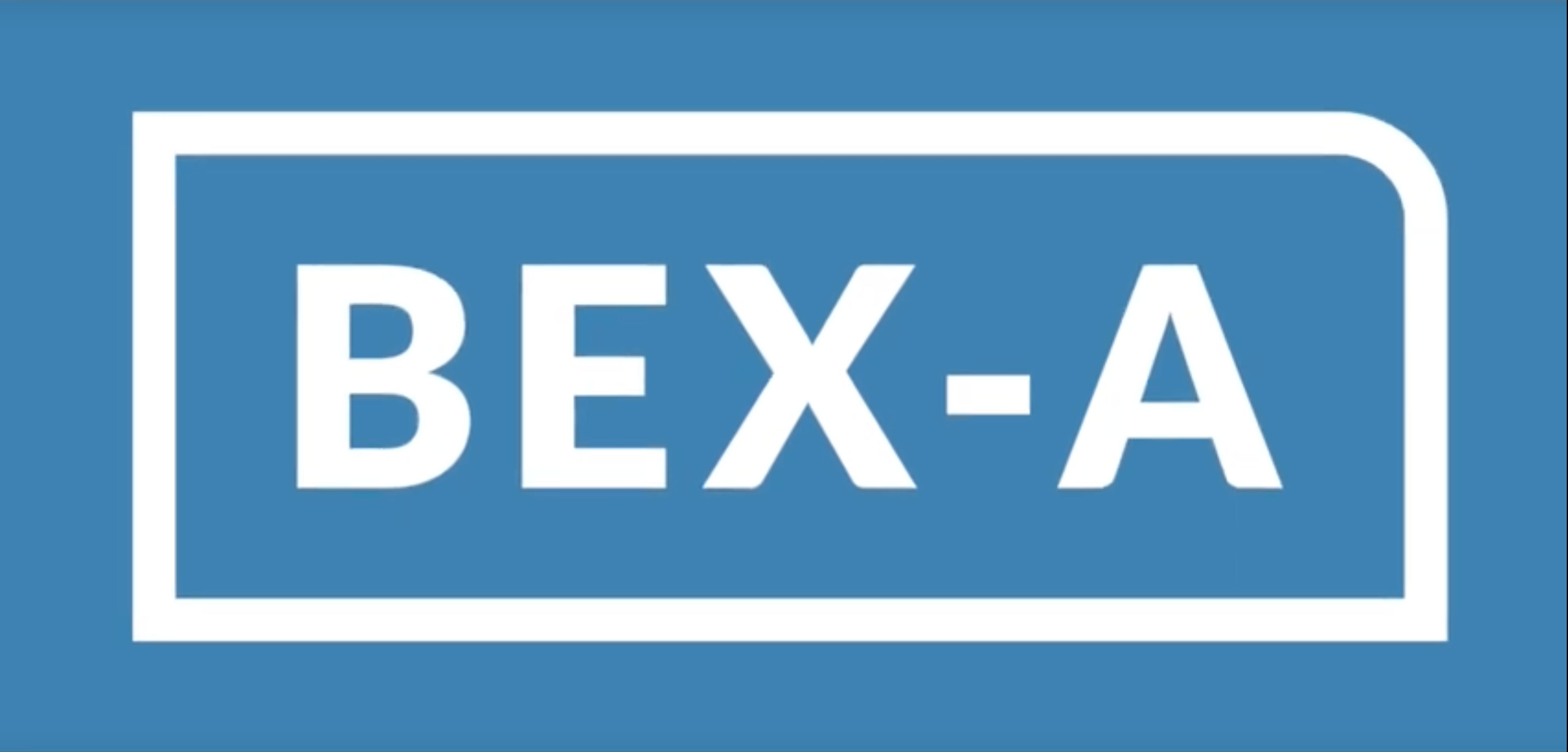
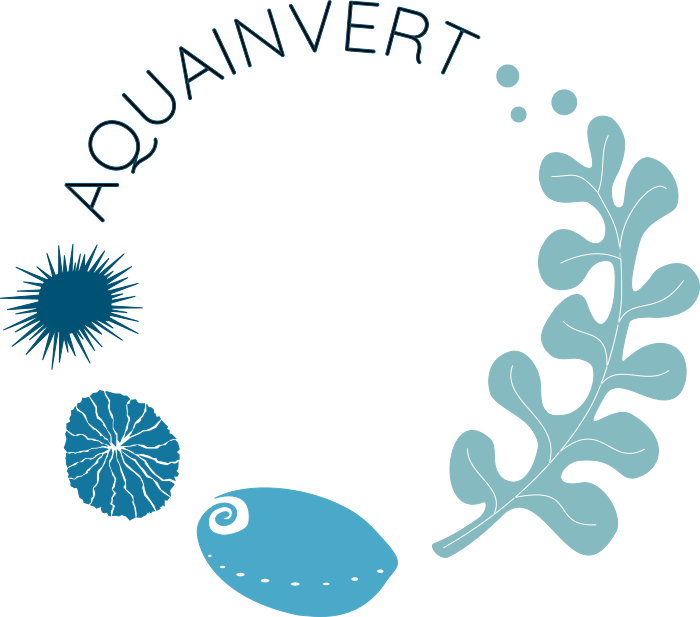
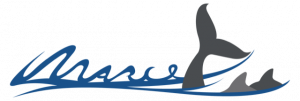


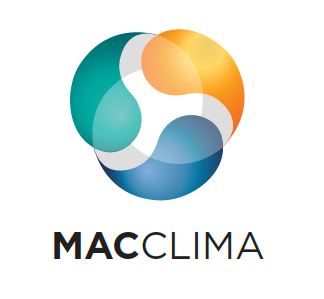


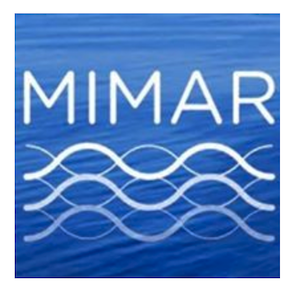

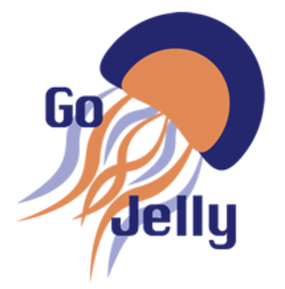
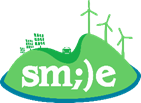
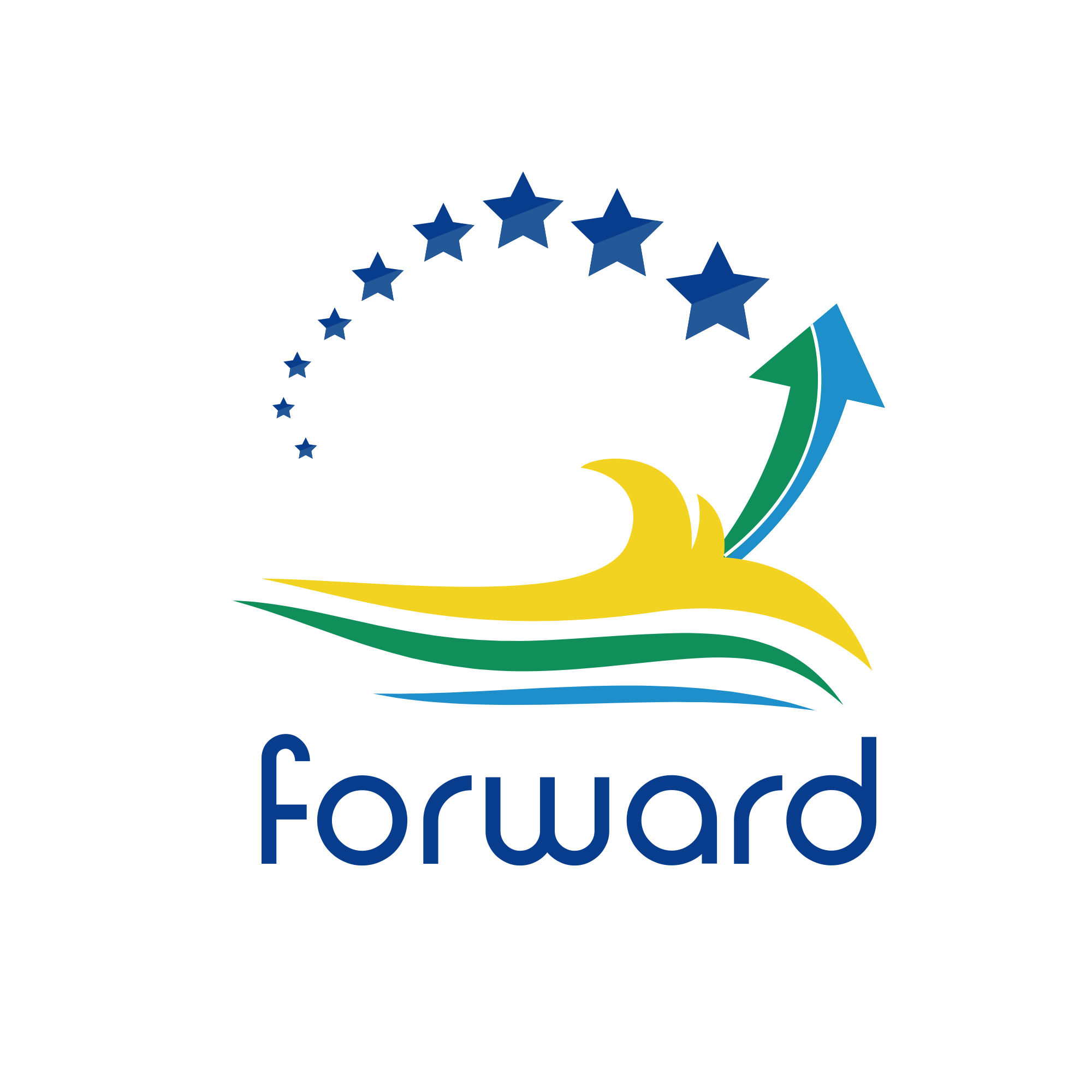 O projeto FORWARD tem como objetivo principal permitir às 9 RUPs prepararem-se melhor para poderem responder de forma mais competitiva aos futuros concursos/projetos de Investigação e Desenvolvimento (I&D), em particular para o próximo programa quadro Horizonte Europa (2021-2027), e mesmo ainda no atual programa Horizonte 2020. Tratando-se de um projeto do tipo Ação de Coordenação e Apoio (CSA) contempla a coordenação e o trabalho em rede com vista à elaboração de candidaturas a projetos, programas e definição de políticas com vista à capacitação das regiões participantes para estarem mais aptas e capazes de concorrer a projetos de investigação científica. Irá também permitir a todas as RUPs compararem, consolidarem e fazerem evoluir as suas estratégias e prioridades de especialização inteligente (RIS3) com vista ao estabelecimento de ecossistemas de I&D, à criação de produtos inovadores comercializáveis mais competitivos e sustentáveis, a nível europeu e mundial.
O projeto FORWARD tem como objetivo principal permitir às 9 RUPs prepararem-se melhor para poderem responder de forma mais competitiva aos futuros concursos/projetos de Investigação e Desenvolvimento (I&D), em particular para o próximo programa quadro Horizonte Europa (2021-2027), e mesmo ainda no atual programa Horizonte 2020. Tratando-se de um projeto do tipo Ação de Coordenação e Apoio (CSA) contempla a coordenação e o trabalho em rede com vista à elaboração de candidaturas a projetos, programas e definição de políticas com vista à capacitação das regiões participantes para estarem mais aptas e capazes de concorrer a projetos de investigação científica. Irá também permitir a todas as RUPs compararem, consolidarem e fazerem evoluir as suas estratégias e prioridades de especialização inteligente (RIS3) com vista ao estabelecimento de ecossistemas de I&D, à criação de produtos inovadores comercializáveis mais competitivos e sustentáveis, a nível europeu e mundial.

